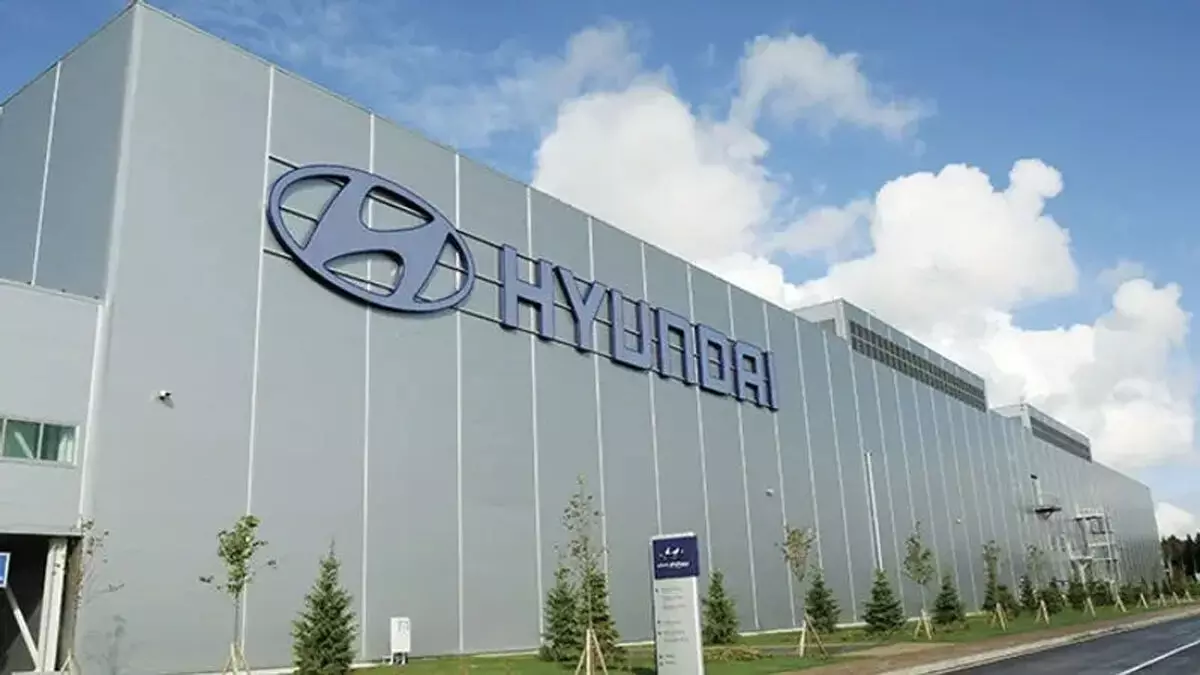Delhi Delhi: Hyundai Motor on Thursday said it is in talks with General Motors to supply commercial electric vehicles to its US rival, as it expects sales growth to halve this year due to soft demand.The South Korean automaker said discussions with GM cover various areas of cooperation, including joint parts procurement and tie-ups in passenger vehicles. Hyundai said it aims to sign binding deals on commercial EV supplies and auto part procurement this year.
The talks are taking place at a time when global automakers are bracing for policy uncertainty in the US, the world’s second-largest auto market, that threatens to dampen demand, as US President Donald Trump said this week he may impose 25 per cent import duties on Canada and Mexico from February 1. “We expect more business uncertainties than ever this year, not only in the domestic market but also in the US, with potential policy changes while Europe will have tighter emission regulations,” Hyundai Chief Financial Officer Lee Seung Jo told analysts.
Hyundai, which together with its sister company Kia is the world’s third-largest automaker by sales, on Thursday forecast its revenue growth will rise to 3.0 percent to 4.0 percent in 2025, from 7.7 percent a year earlier. It expects its operating margin to widen to 8.1 percent in 2024 from 7.0 percent to 8.0 percent.
North America and South Korea are Hyundai and Kia’s two biggest markets.Hyundai also warned of uncertainties, citing a slowdown in key markets, a drop in demand for electric vehicles and macroeconomic instability.Hyundai reported an operating profit of 2.8 trillion won ($1.95 billion) for October-December, as it spent more on promotions in a slowing car market.That was below the 3.2 trillion won average of 24 analyst estimates compiled by LSEG SmartEstimate, which is weighted toward estimates from more consistently accurate analysts.
Hyundai shares were steady after the earnings announcement. During the quarter, Hyundai’s global retail sales declined as good sales in the United States and India were offset by sluggish demand in South Korea, Europe and China. Analysts said a weaker local currency against the US dollar helped boost Hyundai’s repatriated earnings, but also led to a rise in overseas debt and related financing costs, which weighed on profitability.
